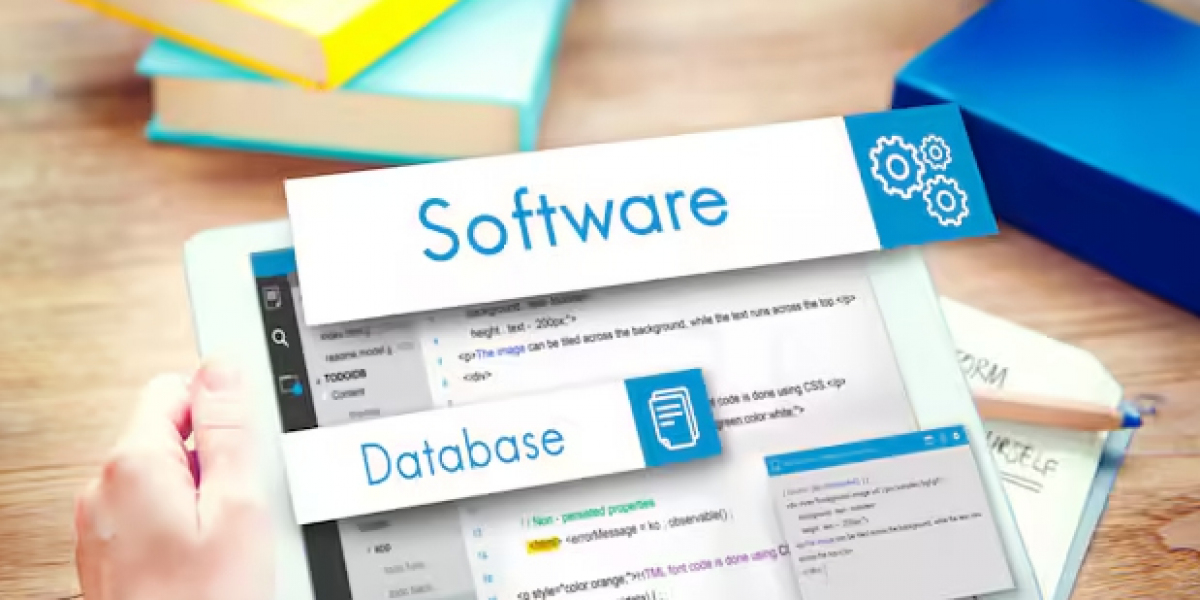A multi-currency system is an accounting or financial system that allows businesses and individuals to transact, manage, and report in more than one currency. This system is especially important in today’s globalized world, where businesses may operate in multiple countries or deal with clients and suppliers from different parts of the world.
Benefits of a Multi-Currency System
Global Business Expansion
- A multi-currency system enables companies to easily expand their operations into foreign markets. When a business operates in different countries, it naturally deals with multiple currencies. Having a system that supports various currencies allows the company to make payments, receive revenues, and record transactions seamlessly without constantly converting currencies.
Ease of Transactions
- If a company or individual regularly deals with foreign clients or suppliers, it becomes more convenient to accept payments in the client’s currency and make payments in the supplier’s currency. This avoids the need for manual currency conversions and reduces errors associated with exchange rates.
Accurate Financial Reporting
- A business using a multi-currency system can generate financial reports in different currencies, giving a clear picture of their financial status across multiple regions. This is especially important for multinational corporations that need to present accurate consolidated financial statements. It also ensures that reports are compliant with international accounting standards.
Reduced Exchange Rate Risks
- Exchange rate fluctuations can have a significant impact on a company’s profitability. A multi-currency system helps reduce the risk of exchange rate losses by allowing businesses to manage different currency accounts. For example, instead of converting currencies multiple times, a company can hold balances in various currencies, minimizing unnecessary conversions and associated risks.
Increased Efficiency
- A multi-currency system reduces the time and effort required to manage currency conversions manually. It automates the process, allowing businesses to focus on more important tasks. This automation also reduces the likelihood of errors in accounting, invoicing, and reporting.
Customer Convenience
- For businesses that sell products or services internationally, a multi-currency system provides customers with the option to pay in their local currency. This improves customer satisfaction, as they do not need to worry about exchange rates and fees, making the buying experience more convenient.
Improved Vendor Relationships
- Similar to how customers benefit from multi-currency options, vendors and suppliers also appreciate receiving payments in their local currency. This strengthens relationships with vendors and can lead to better terms or discounts, as they don’t have to bear currency conversion costs or risks.
Enhanced Cash Flow Management
- A multi-currency system helps businesses better manage their cash flow. By holding balances in multiple currencies, businesses can plan more effectively when and where to exchange currencies, potentially taking advantage of favorable exchange rates.
Regulatory Compliance
- Some countries have regulations requiring businesses to maintain accounts and report financial transactions in specific currencies. A multi-currency system helps ensure compliance with these local laws and accounting standards, reducing the risk of legal or regulatory issues.
Increased Profit Margins
- By reducing exchange rate costs, avoiding unnecessary conversions, and allowing businesses to charge international customers in their local currency, companies can see an increase in profit margins. This is especially true for businesses operating in regions with fluctuating currency values.
- Competitive Advantage
- Offering customers and clients the option to transact in their preferred currency can give a business a competitive edge. It simplifies the transaction process and enhances the overall customer experience, which can differentiate a business from its competitors.
5 Frequently Asked Questions (FAQs) about Multi-Currency Systems
What types of businesses benefit the most from a multi-currency system?
- Answer: Businesses that operate globally or have international clients, suppliers, or partners benefit the most from a multi-currency system. This includes e-commerce companies, import/export businesses, multinational corporations, and companies that deal with foreign contractors or freelancers. Even smaller businesses can benefit if they conduct regular transactions with foreign customers or vendors.
How does a multi-currency system reduce exchange rate risks?
- Answer: A multi-currency system allows businesses to manage different currency accounts without constantly converting currencies. For example, if a business earns revenue in euros but needs to pay suppliers in dollars, it can hold funds in both euros and dollars. This reduces the number of conversions needed, which minimizes the risk of exchange rate fluctuations affecting the business's profitability.
What are the challenges of implementing a multi-currency system?
- Answer: Implementing a multi-currency system can be complex and costly, especially for smaller businesses. Some challenges include the need for proper accounting software that supports multiple currencies, understanding exchange rates, ensuring compliance with international accounting standards, and managing currency risks. However, the benefits often outweigh the initial costs and challenges, especially for businesses that regularly deal with international transactions.
How does a multi-currency system affect financial reporting?
- Answer: A multi-currency system allows businesses to generate financial reports in different currencies. This is especially useful for multinational corporations that need to consolidate financial statements from various countries. The system can automatically adjust for exchange rates, ensuring that reports are accurate and compliant with international accounting standards. This simplifies the reporting process and gives businesses a clearer picture of their global financial status.
What are the key features to look for in multi-currency accounting software?
- Answer: When selecting multi-currency accounting software, businesses should look for features like:
- Automatic currency conversion at real-time exchange rates.
- Multi-currency invoicing that allows the company to bill clients in different currencies.
- Multi-currency bank account support for managing different currency balances.
- Consolidated financial reporting across multiple currencies.
- Compliance with international accounting standards such as IFRS or GAAP. Good software should also be easy to use, scalable as the business grows, and able to integrate with other systems like payment gateways or ERP solutions.
- Answer: When selecting multi-currency accounting software, businesses should look for features like:
Conclusion
A multi-currency system offers numerous benefits to businesses and individuals operating globally or interacting with foreign entities. It simplifies transactions, improves financial reporting, reduces exchange rate risks, and enhances customer satisfaction by offering more flexibility in payment options. As the world continues to globalize and more businesses expand internationally, having a robust multi-currency system in place can significantly contribute to a company’s success and competitiveness.
For businesses that are considering expanding into international markets or already engage in cross-border transactions, investing in a multi-currency system is essential. Not only does it streamline operations, but it also reduces financial risks and opens up new opportunities for growth.








